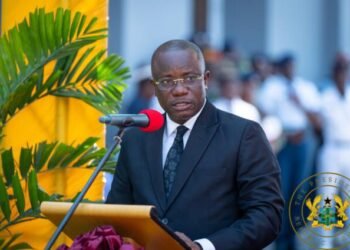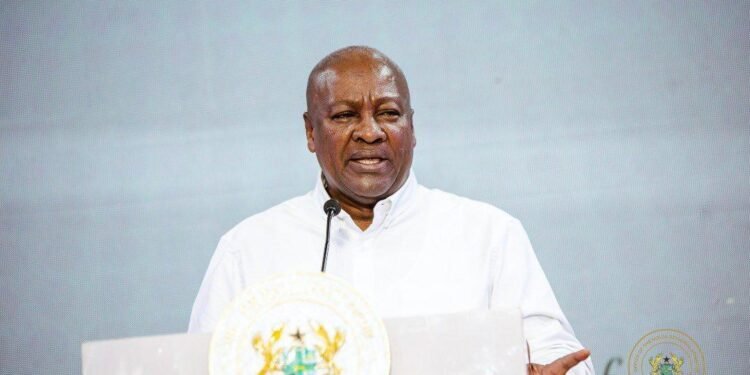Sulemanu Koney, the CEO of the Ghana Chamber of Mines has advised the government to consider removing taxes on the payments for solar projects in Ghana.
According to the CEO of the Ghana Chamber of Mines, taxes on solar projects defeats the government’s agenda of encouraging the use of renewable energy in the country.
“You may be aware that the government of Ghana is fully aligned on the global initiative to transition to clean and sustainable energy. However, the ecosystem that is required to encourage households and firms to invest in clean energy is still in an inchoate stage.”
Sulemanu Koney
Sulemanu Koney noted that while the government has exempted imported solar panels from VAT and other levies, the payments for a completed project are still subject to these statutory taxes and levies.
“Further, the absence of a net metering system implies that a consumer would be subsidizing the operational cost of ECG anytime the solar plant feeds its excess generation beyond its demand into the national grid. We implore the government, particularly, the Public Utility Regulatory Commission (PURC), to expedite its work on the net metering framework.”
Sulemanu Koney
Sulemanu Koney added that transitions from reliance on fossil-based energy to cleaner alternatives requires more commitment and effort from the government.
Government to Expedite work on the Net Metering Framework
Speaking at the inauguration of an ultra-modern and intelligent grid-tied solar photovoltaic (PV) system at the secretariat of the Ghana Chamber of Mines in Accra, Koney called on the government to expedite work on the net metering framework.
“It is instructive to note that nearly 11% of the contract cost represents statutory taxes and levies, which is a disincentive to the government’s energy transition agenda.
“You may be aware that the government of Ghana is fully aligned on the global initiative to transition to clean and sustainable energy. However, the ecosystem that is required to encourage households and firms to invest in clean energy is still in an inchoate stage.”
Sulemanu Koney
The solar system that was designed to meet the Secretariat’s electricity requirements has an installed capacity of 84kWp and was constructed at a total cost of US$ 122,316.35

At peak conditions, the system has the capacity to generate 111,000 kWh, and its use has reduced the chamber’s consumption of electricity from the national grid by nearly 75%.
The payback period for the project is estimated to be under eight (8) years based on a set of assumptions on the exchange rate and electricity tariff. The infrastructure has a warranty period of 10 years and a performance period of twenty-five (25) years.
Meanwhile, the rate at which clean energy is gaining traction, the future of clean energy looks bright, with recent years showing that more renewable energy capacity has been installed globally than new fossil fuel and nuclear capacity combined. Renewable sources now make up over one-third of globally installed power capacity.
As the world population continues to grow, there is an ever-increasing demand for energy and renewable sources are the answer to providing sustainable energy solutions, while also protecting the planet from climate change.
The take-up of clean energy is not just happening on a national level as cities and states are also crating policies to increase renewable energy use. In the United States, 29 states have set renewable energy portfolios to mandate that a certain percentage of energy consumed should come from renewable sources and over 100 cities around the world now use at least 70% renewable energy.
As more cities drive towards becoming 100% renewable, corporations are also playing a part by purchasing record levels of renewable power.
READ ALSO: NDC Parliamentary Vetting: Hefty Police Attendance To Vetting Of Asawase Parliamentary Aspirants























